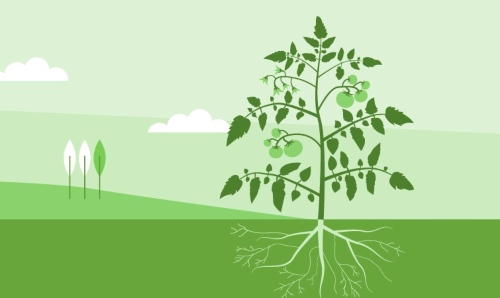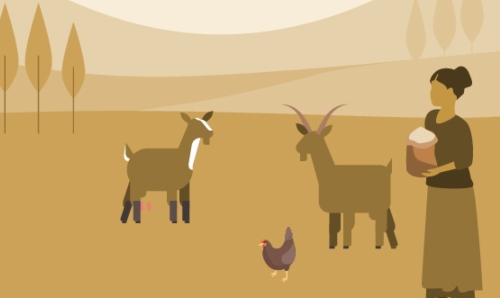Creating a healthier population
Our research is improving patient care, establishing new treatments for global diseases and improving access to essential nutrition.
Promoting health case studies
Here are just a few examples of the work we're doing to promote health.
-blank-promo-500x298-edited-160421.jpg)
Treating fungal disease globally
We're improving patient outcomes from Aspergillus disease.

Tackling groundwater arsenic in India
We're helping to understand, and find solutions to, groundwater arsenic and health inequalities.
-500x298-edited-160421.jpg)
Tackling cardiovascular disease
We're helping to extend life expectancy and improve public health.

Removing harmful pollutants
We've developed an electrochemical process that has dramatically reduced wastewater pollution levels.



